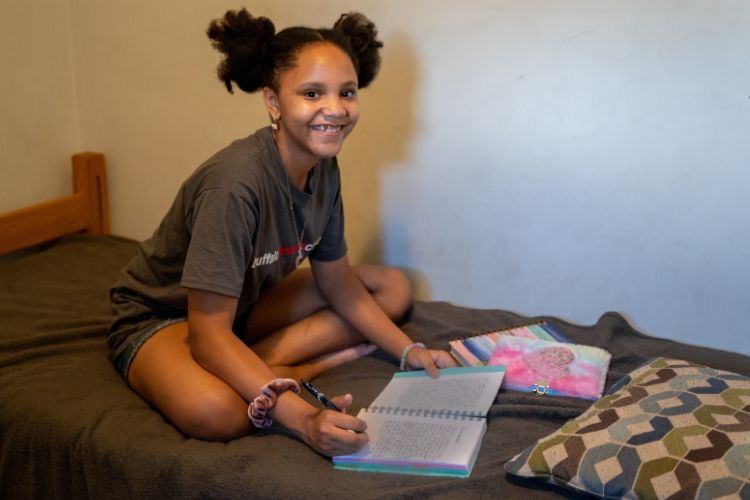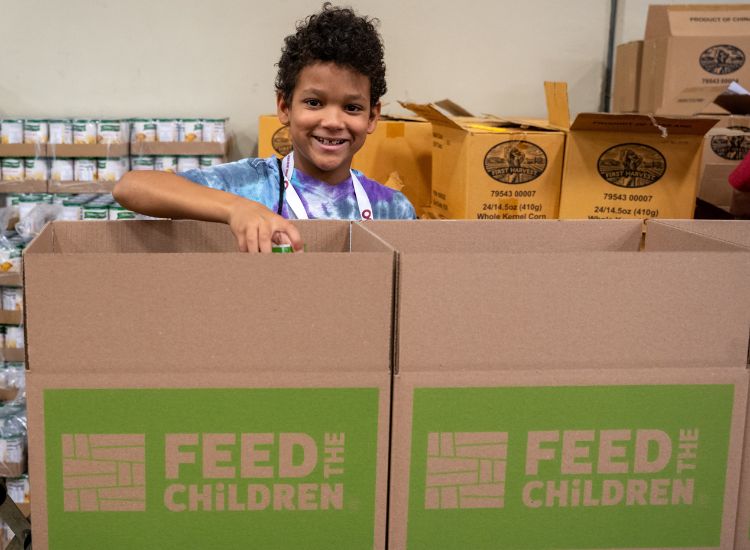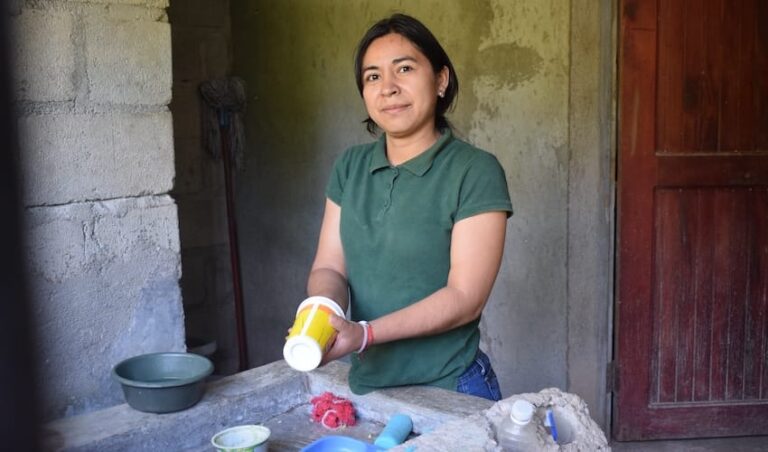
Five Ways to Prevent Summer Slide
When we think of summer, we think of carefree days. For many students, that’s the case. But research shows that there’s a downside to that.
According to the Expanded Learning and Afterschool Project, most children lose about two months of math skills each summer. On top of the math loss faced by most school kids, low-income students also lose more than two months of reading skills.
The decline of these critical skills is called “summer slide” or “summer learning loss.” Every fall, teachers must devote a couple of months to getting their class back up to speed before they start teaching new material.
Learn more about summer slide.
As a parent or caregiver to school-age children, there is something you can do to make sure your children aren’t losing as much during the summer break. Here are five ways to stall summer slide:
Keep your child reading. Children won’t gain as much from summer reading if they aren’t enjoying it, so let them read what they want. It’s also fun to take reading away from a desk – let your kids lounge in the yard, on your bed or on the floor. Take kids to the library as often as possible to explore what’s out there. And if you’re going on a summer trip, have your child pack a book or two. Finally, treat your child to some one-on-one reading time with you! Read to your child, even if your child can read on their own. Not only is it bonding time, but reading to children lets them enjoy a story in a different way.
Download this log to track your child’s reading.

Use math for fun! There are plenty of summer camps that utilize math skills like robotics or space camps, but if that’s not in your budget, don’t worry! Math is everywhere. Find a way to add math challenges into your daily activities. For younger kids, count apples or cookies. Read numbers on signs. Let children count coins in their piggy banks. For older kids, let them bake a treat, paying attention to the fractions as they measure. Or have them calculate the volume of water at a local pool. You can also let teens plan a trip by setting a budget, calculating gas costs or figuring the distance between destinations.
Get out of the house. You don’t have to go far! Experts have found that new experiences stimulate the brain and promote learning. Visit a historic site in your area or a certain location inspired by books your children have read. Check out local museums – many have free or reduced-costs days during the summer. You can also call your local TV or radio station to see if they offer tours. Even a trip to the park might spark a new interest in your child.
Use your imagination. Educators have found that kids who use their imaginations also have better vocabularies. It may not seem like your children are learning anything when they’re using scissors, construction paper and glue, but they are using familiar skills and developing new ones. Give your kids some time to just imagine – whether that’s by drawing, writing, acting or building something out of blocks.
Download this activity book to fire up your child’s imagination.

Volunteer. While the effects of volunteering aren’t seen in any test results, the benefits can influence successful learning. When students volunteer, they work on social skills like self-confidence and gain great career experience. Think about your child’s interests and find a local organization that has volunteer opportunities to match.
Learn about volunteering with Feed the Children
A small amount of summer learning can go a long way in the fall. It doesn’t have to be formal and forced. Let your kids enjoy the summer and fire up their brains at the same time.






